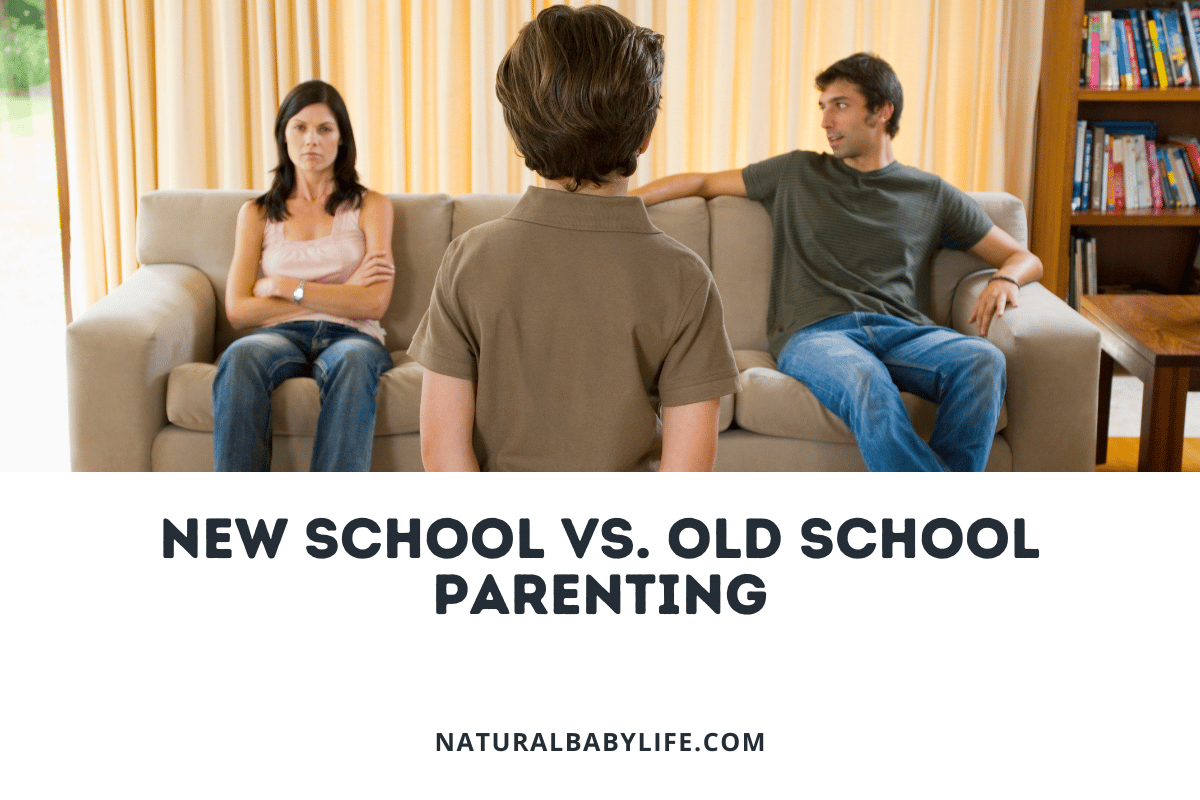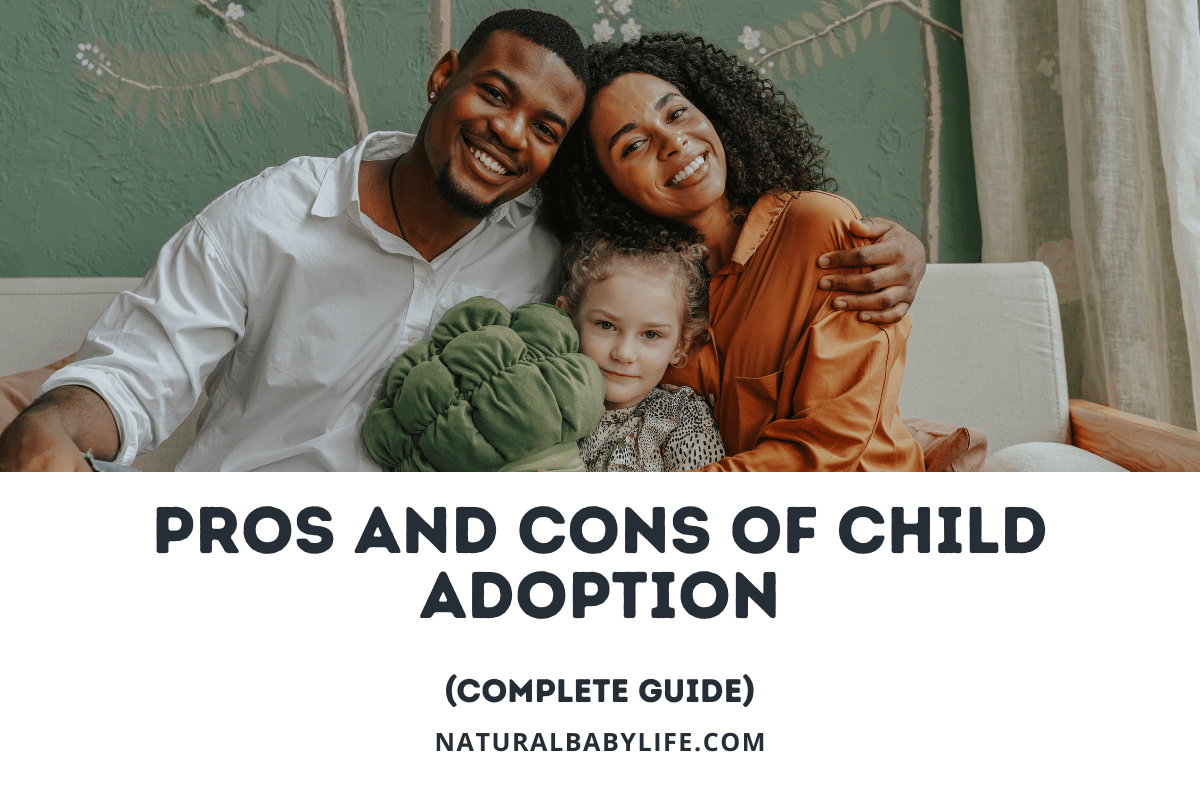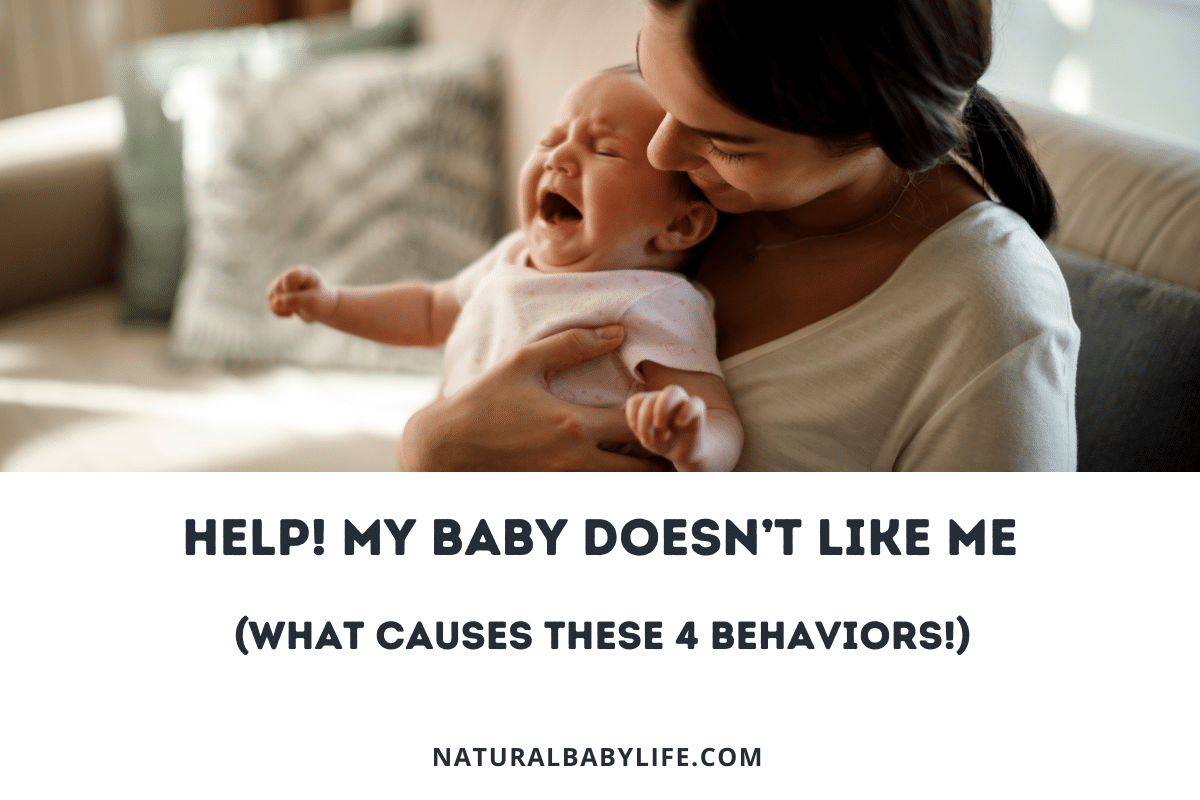Children don’t come with a manual so it’s not uncommon for parents to compare the way they were raised to the way they raise their children. Although it’s more evident in certain cultures, parenting has changed over time.
There is a difference between traditional or old-school parenting and modern or new-school parenting. Although parenting styles depend on a variety of factors such as culture, permissive style parenting is more common in modern times than authoritarian parenting. However, in certain cultures, parenting styles are still passed down from one generation to the next.
While some parents may have learned from their own parents how to raise their children, others choose a completely different approach when they have children of their own. Keep reading to find out what the different parenting styles are and how they’ve changed over time.
Table of Contents
What are the different parenting styles?
Since all parents and children are unique, there are numerous opinions on how you should raise your children, but there isn’t one right or wrong way to be a parent. The parenting styles we recognize today have always existed to a certain extent, but the choices parents make and what types of parenting are socially acceptable have changed over time. Even though they’re sometimes called by different names, there are four widely recognized parenting styles:
- Authoritative
- Authoritarian
- Permissive
- Neglectful
Authoritarian parenting
Authoritarian parenting is the most strict parenting style and in modern times, it isn’t usually viewed in a positive light. It’s characterized as being parent-driven with low levels of parent responsiveness. Authoritarian parents are considered to be highly demanding and controlling. This parenting style is considered the opposite of permissive parenting.
Authoritative parenting
With the results of modern studies, authoritative parenting is often seen as the parenting style with the most positive outcomes. Authoritative parents are warm, encouraging, and responsive. They set clear rules and boundaries for their children, but in a way that encourages their children’s independence and growth.
Permissive parenting
Permissive parents are similar to authoritative parents in the sense that they are warm and encouraging. However, they don’t set boundaries or limits for their children. Like authoritarian parenting, permissive parenting leads to many negative outcomes for the child, including mental health concerns, delinquency, and lack of social skills.
Neglectful parenting
Neglectful parenting is sometimes called uninvolved parenting and is characterized by parents who are indifferent to raising their children. Beyond necessities such as food and shelter, neglectful parents don’t respond to the emotional needs of their children, often leading to low self-esteem and other mental health issues.
How has parenting changed over time?
For the last 50 years, there has been a dramatic decrease in authoritarian parenting styles. Since the 1980s, what has emerged is a form of parenting known as intensive parenting, which is a child-centered approach that requires parents to be hands-on and devote more time and resources to their children’s wellbeing.
Additionally, modern families tend to gravitate more towards an egalitarian view of the family. This view started with an egalitarian view of parent relationships since many moms also help provide for their families instead of just staying home with the children, and it has trickled down into the rest of the family structure as well. Although this view may look different for each family, an egalitarian family views each person as an equal member of the family, unlike an authoritarian parenting style where the parents are the clear authority.
With an egalitarian family structure, there is a heavy emphasis on the desires and opinions of the children as well as the parents, and it’s viewed as more of a partnership between the different family members instead of the parents being the sole authority.
With authoritarian parenting styles on the decline, how has this changed parents’ views on certain topics? Here’s what modern versus traditional parents think about certain issues.
Childcare
Childcare, especially during infancy and toddlerhood, has a significant impact on young children. While it’s considered more traditional for mothers to stay home with their children and be the sole source of childcare throughout their children’s early years, there has been a rise in maternal employment in modern times, leading to a rise in children being in childcare outside of the home.
The number of parents who choose to be stay-at-home parents has fluctuated over time, with the number of stay-at-home moms hitting a low in the year 2000. But in recent years, the percentage of stay-at-home dads has increased as family dynamics continue to change.
To show the drastic change in family roles in the past fifty years, according to the U.S. Bureau of Labor Statistics, 49% of moms stayed at home in 1967, but by 1999, that number had dropped to 23%.
Discipline
Views on child discipline are one of the most drastic changes that have occurred in parenting styles from traditional to modern.
One of the most hot-button topics is the idea of physical punishment. In more traditional parenting methods, physical punishments such as spanking were rather widely accepted. But this has become a controversial issue as research over the past twenty years has shown the negative effects it may have on children.
More recent studies have shown that physical punishment is associated with higher levels of aggression in children. Despite this information, there are still mixed opinions on this in modern times. While physical punishment remains legal in the US, it is illegal in many countries across the world.
Technology
Views of technology have changed over time since technology has become more prevalent, and the rise in technology has changed the way modern parents raise their children. While 50 years ago, parents didn’t have to worry about battling screen time with their kids, a study from 2020 stated that 71% of parents were concerned that their child spends too much time in front of screens.
According to one study, from 2019 to 2021 media usage in tweens and teens grew by 17%, with children ages 8 to 12 using screens for entertainment 5 hours a day on average.
Education
When it comes to views on education, one of the most drastic changes is the prevalence of homeschooling. The number of homeschooled children has grown between 2 to 8% each year, with the highest growth occurring between 2019 and 2021.
Although homeschooling has become more mainstream in the United States in modern times, the rates of homeschooled children have continued to increase in other countries as well.
Traditional versus modern parenting
There’s not one definition for what is considered traditional or modern parenting. Those who are currently raising children might consider traditional parenting to be how they were raised or how their parents were raised. Modern parenting usually refers to how parents raise their children today in the modern world.
According to a group of over 600 families in England, modern parenting means doing what’s right for your family instead of following a specific parenting style simply because you were told to. When many people think of traditional parenting, it seems there was a clearer standard for what parenting should look like 50 to 100 years ago. But modern parents have a variety of parenting styles and it’s more widely accepted to determine what’s right for you and your family.
How does culture affect parenting styles?
Culture plays a major role in determining parenting styles, especially when families are close and parenting styles are passed down from one generation to the next.
For example, one study of parenting styles within Latino families determined there were eight different parenting styles within this group based on the characteristics of the parents. This study concluded that the majority of Latino parents, roughly 61%, were considered “protective parents.” There were also different expectations for male and female children within Latino families compared to parents in other cultures.
Research has shown that cultural impact can be so strong that some may even go against their parental instincts to align with the beliefs and ideas they’ve been taught.
Is modern parenting better than traditional parenting?
There are numerous ways parenting has changed over time. Overall, traditional or old-school parenting is considered to be more rigid and strict. There was a strong emphasis on teaching children to behave and succeed later in life, but this sometimes involved a lack of emotional support. Modern parenting is often considered more lenient and relaxed, with fewer restrictions and more of a focus on the emotional needs of the child.
Each child and parent is unique and not every parent fits into the traditional or modern categories. There is research on the impact of parenting choices such as discipline, screen-time, and education. But in most other cases, parents have to choose what best fits their family’s needs.







![Baby Doesn’t Like Me after Daycare [It’s Called Defensive Detachment]](https://naturalbabylife.com/wp-content/uploads/2021/05/baby-not-excited-to-see-me-after-daycare_featured.png)


